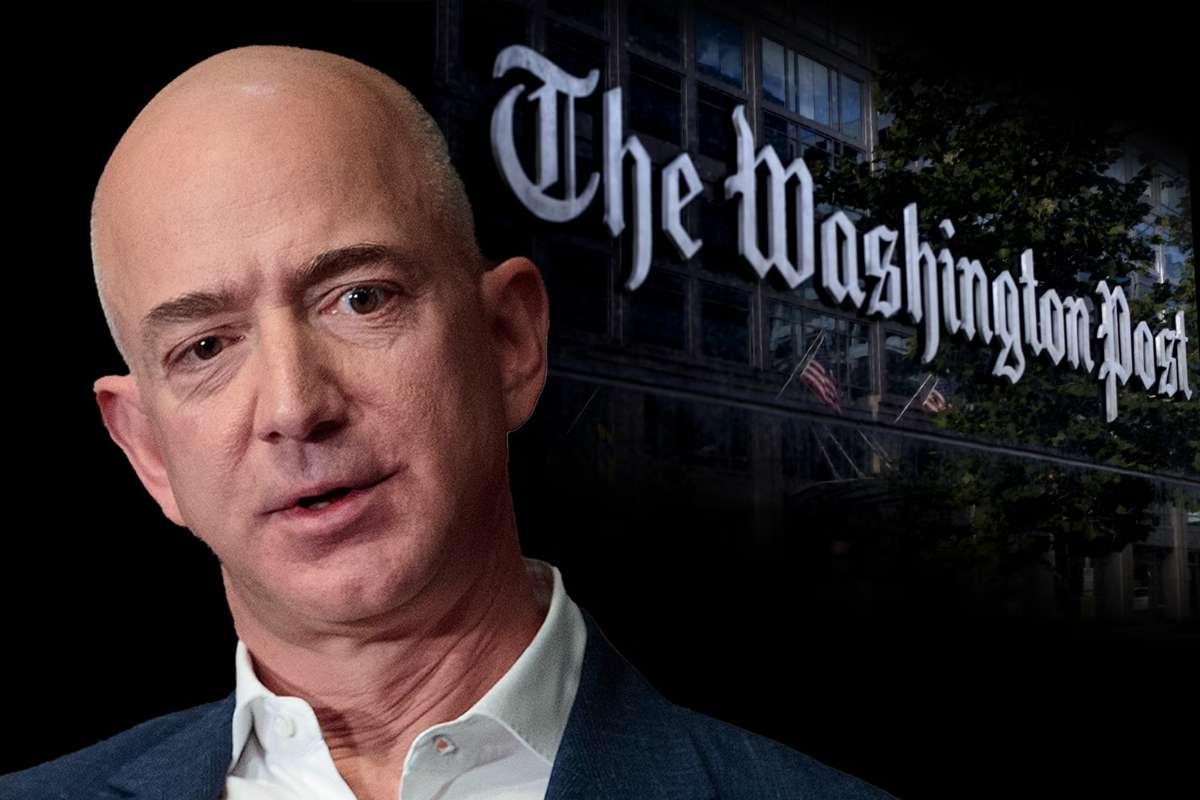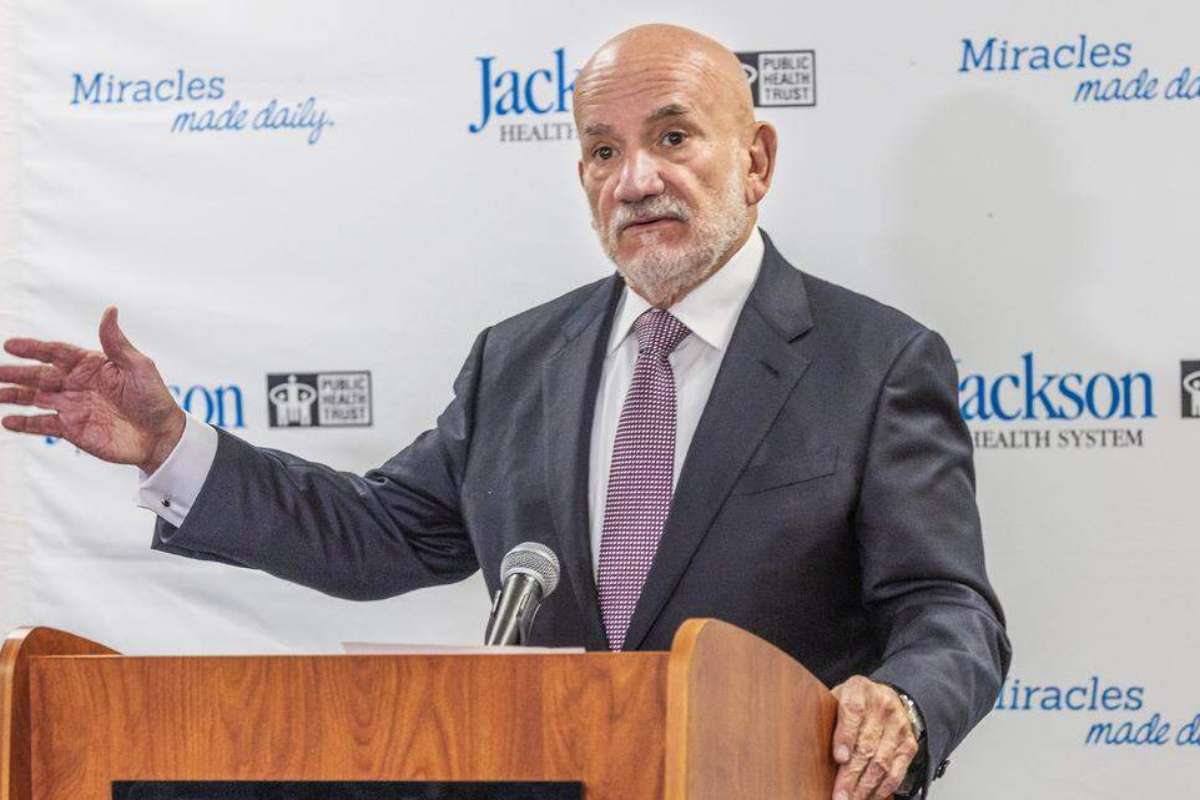Key Points:
- Hawley backs a stock trading ban for federal officials to boost transparency.
- Trump slams the move, citing risks to executive leadership and GOP unity.
- The bill may redefine ethical standards and Wall Street ties in government.
In a significant development for financial ethics and regulatory oversight, Senator Josh Hawley (R‑Mo.) broke ranks with Republican colleagues to support a sweeping stock trading ban for federal officials. The HONEST Act, co-sponsored by Senator Gary Peters (D‑Mich.), cleared the Senate Homeland Security and Governmental Affairs Committee in a narrow 8–7 vote, with Hawley serving as the lone Republican in favor.
The bill proposes strict limitations on the trading of individual stocks by members of Congress, the president, and the vice president, including their spouses. If passed, it would require public officials to divest personal stock holdings—an effort to curb insider trading, real or perceived, and restore investor confidence in federal leadership.
Financial analysts note that public concerns over ethics in governance have grown since multiple reports surfaced about lawmakers executing timely stock trades during crises such as the COVID-19 pandemic. The legislation aims to address these credibility gaps and align government accountability with market expectations.
Josh Hawley defended the move as pro-market transparency. “I don’t own stocks, and I think people in positions of power shouldn’t be making money from the inside information they receive,” he said during committee debate. The bill’s advancement marks a rare bipartisan step toward financial ethics reform.
Corporate Governance Meets Political Repercussion
Josh Hawley’s support of the bill triggered immediate backlash from former President Donald Trump, who criticized the senator for enabling a Democratic narrative. On Truth Social, Trump labeled Hawley a “second-tier senator” and accused him of betraying conservative values by advancing legislation that might also affect future presidents’ financial interests.
Though Trump had previously expressed conditional support for restrictions on congressional trading, he now argues the bill unfairly targets executive leadership. Business leaders aligned with conservative circles have echoed concerns that such provisions could deter private sector talent from entering public service.
From a business governance perspective, this signals growing tension within Republican ranks over how far financial disclosures and limitations should extend. Hawley’s unwillingness to include exemptions for executive offices reflects a stricter interpretation of conflict-of-interest standards, which some ethics watchdogs praise as long overdue.
The rift underscores a critical debate around corporate-style governance for public officials—should elected leaders be held to the same fiduciary and disclosure standards as corporate executives? The HONEST Act answers with a firm “yes,” but political support remains divided.
Impact on Financial Policy and Public Perception
While the legislation still faces hurdles before a full Senate vote, the business community is closely monitoring its trajectory. If enacted, the HONEST Act could significantly alter how Washington interfaces with Wall Street. Lawmakers, corporate lobbyists, and institutional investors would need to navigate a new era of financial separation between policymaking and personal investment.
Josh Hawley appeared on Fox News to clarify that the bill’s provisions would apply to future administrations and not affect current officeholders like Trump or Vice President J.D. Vance. He reaffirmed the bill’s intent to stop officials from “trading on privileged information,” singling out high-profile controversies involving lawmakers and their spouses. Among them, Speaker Emerita Nancy Pelosi and her husband have long faced public scrutiny over lucrative stock trades, despite no confirmed wrongdoing.
For businesses and investors, the move toward stock trading restrictions could help restore institutional trust, something essential for market stability. Financial compliance experts say that if public leaders are seen as playing by a separate set of rules, investor sentiment and consumer confidence in government-aligned sectors can waver.
As the bill awaits floor scheduling by Senate Majority Leader John Thune, its success or failure could become a litmus test for how seriously Congress takes financial transparency within its own ranks.











